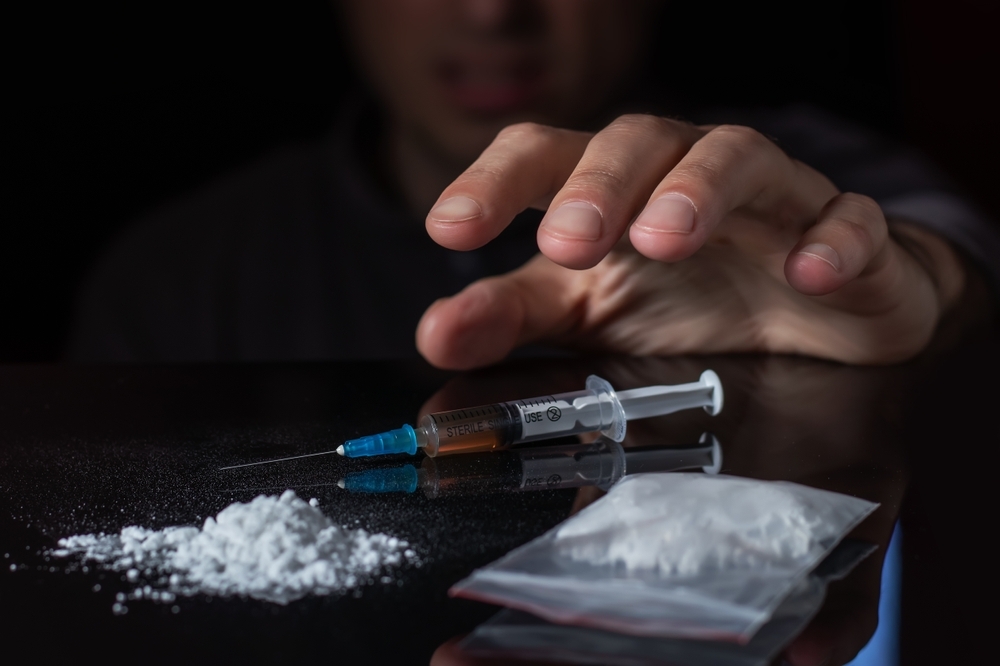How Addiction Recovery Hypnotherapy Helps Rewire the Brain

Addiction is a deeply complex condition that goes beyond willpower. It affects the brain’s reward system, decision-making processes, and emotional regulation. Breaking free from addiction often requires more than traditional methods, as the subconscious mind plays a powerful role in cravings and repetitive habits. Addiction Recovery Hypnotherapy has emerged as an evidence-based approach to help individuals reprogram thought patterns, reduce urges, and rebuild healthier coping mechanisms. By addressing the subconscious mind, hypnotherapy supports genuine transformation and long-term recovery.
Understanding How Addiction Affects the Brain
Addiction alters the brain in profound ways. Substances such as alcohol, nicotine, and drugs flood the brain with dopamine, the chemical responsible for pleasure and reward. Over time, the brain adapts by producing less dopamine naturally, which leaves individuals dependent on external stimulation to feel normal. This rewiring makes quitting extremely difficult, even when someone consciously wants to stop.
Additionally, addiction weakens the prefrontal cortex, which is responsible for judgment and impulse control. The combination of overstimulated reward pathways and impaired decision-making creates a cycle of cravings, compulsive use, and guilt. Traditional approaches that rely only on conscious effort may not reach the subconscious drivers of behavior, which is why Addiction Recovery Hypnotherapy provides a powerful alternative.
What is Addiction Recovery Hypnotherapy?
Addiction Recovery Hypnotherapy is a therapeutic method that uses guided relaxation, focused attention, and positive suggestion to influence the subconscious mind. Unlike stage hypnosis often seen in entertainment, this practice is clinically designed to address destructive thought patterns and emotional triggers.
During a session, clients are placed into a relaxed yet highly focused state. In this state, the subconscious becomes more open to new suggestions, making it possible to challenge harmful beliefs about addiction and replace them with healthier, constructive ones.
By targeting the subconscious, hypnotherapy bypasses resistance from the conscious mind, allowing for deeper and more lasting changes in thought patterns, habits, and behaviors.
How Hypnotherapy Helps Rewire the Brain
Reprogramming the Reward System
Addiction Recovery Hypnotherapy assists in reshaping the brain’s relationship with pleasure. Instead of associating dopamine release with addictive substances, the subconscious is guided to seek reward in healthier activities. Over time, this retrains the brain to respond positively to alternative sources of satisfaction, such as exercise, creativity, or mindfulness practices.
Reducing Cravings and Triggers
One of the most challenging aspects of recovery is dealing with intense cravings. Hypnotherapy introduces mental techniques to weaken the brain’s automatic response to triggers. For example, when the subconscious is reprogrammed to perceive addictive substances as unpleasant or unappealing, cravings naturally diminish. Clients learn how to detach emotionally from substances and resist urges without constant mental struggle.
Healing Emotional Wounds
Addiction often stems from unresolved trauma, stress, or negative emotional states. Hypnotherapy allows individuals to access the subconscious memories and beliefs that may have fueled dependency. By addressing these emotional root causes, clients can release pain, develop healthier coping strategies, and prevent relapse.
Strengthening Neural Pathways for Self-Control
Through repeated hypnotherapy sessions, the brain begins to strengthen neural circuits associated with self-discipline and decision-making. Visualization, affirmations, and positive mental rehearsal reinforce the client’s belief in their ability to remain sober. This neurological rewiring helps rebuild confidence and provides long-term resilience against relapse.
The Role of the Subconscious in Addiction
Many people underestimate the influence of the subconscious in addictive behavior. Consciously, a person may know the dangers of substance use, but subconscious programming drives them to repeat the behavior regardless. This conflict creates frustration and guilt.
Addiction Recovery Hypnotherapy addresses the subconscious directly, resolving the internal battle between logic and impulse. Instead of fighting cravings with sheer willpower, individuals learn to naturally align their subconscious desires with their conscious goals. This alignment creates lasting behavioral change and makes sobriety feel more achievable.
Benefits of Addiction Recovery Hypnotherapy
Personalized Treatment
Every person’s addiction is unique. Hypnotherapy sessions can be tailored to target specific triggers, emotions, and beliefs that fuel dependency. This customization ensures that treatment is relevant and effective for each client.
Non-Invasive and Natural
Unlike medication-based approaches, hypnotherapy does not involve chemicals or external substances. It uses the mind’s natural ability to change and heal, making it a safe and supportive method for recovery.
Stress and Anxiety Reduction
Hypnotherapy also helps regulate stress, which is a common relapse trigger. By teaching deep relaxation techniques, it equips clients with healthier ways to manage anxiety and pressure.
Relapse Prevention
Through subconscious reprogramming, clients build resilience against future triggers. The brain becomes less reactive to old patterns, reducing the risk of falling back into addiction.
Enhanced Self-Confidence
Recovery often comes with feelings of shame and self-doubt. Hypnotherapy helps individuals rebuild confidence by instilling positive beliefs about their strength, worth, and ability to maintain sobriety.
Why Choose a Specialist for Hypnotherapy
Working with a skilled professional is crucial for achieving the best results. Darren Carter, a UK-based Addiction Recovery Specialist, offers confidential and tailored hypnotherapy sessions designed to support clients in overcoming various addictions. His approach focuses on subconscious reprogramming, reducing cravings, and breaking habits at their source. Clients benefit from a safe and supportive environment where they can regain emotional stability, rebuild confidence, and prevent relapse.
Combining Hypnotherapy with Other Recovery Methods
While hypnotherapy is powerful on its own, it is often most effective when combined with other supportive methods such as counseling, support groups, and lifestyle changes. Together, these strategies create a comprehensive recovery plan that addresses physical, emotional, and psychological aspects of addiction.
For example, integrating hypnotherapy with mindfulness practices helps strengthen awareness and emotional regulation. Combining it with physical exercise improves brain chemistry naturally, further supporting the rewiring process. Such a holistic approach maximizes recovery outcomes.
Taking the First Step Toward Healing
Addiction can make individuals feel trapped, but recovery is always possible. By choosing Addiction Recovery Hypnotherapy, clients open the door to transformation that begins in the subconscious mind and extends to every area of life. The process not only reduces cravings and breaks destructive patterns but also restores confidence, stability, and self-control.






